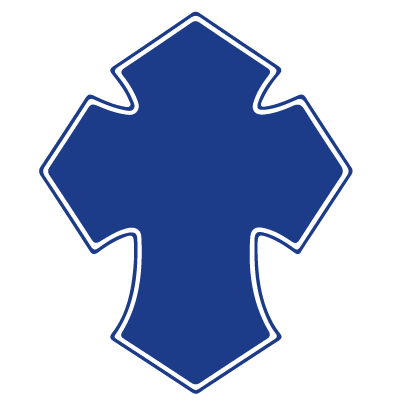Pupil Academic Development
How is my child doing in school?
During the year there are a number of ways in which you can find out how your child is doing in school:
| Partnership Meeting | Overview of what each meeting entails |
|---|---|
| Meet the Teacher Meeting (September) | An initial meeting at the beginning of the school year for parents and carers outlining key elements of the curriculum for the year ahead and how you can help your child. This is accompanied by an overview of what children will be learning in each area of the curriculum over the coming term. All information shared in this meeting is sent to parents and carers by email. |
|
Parents Evening (October) |
An opportunity to find out how your child has settled, achievements so far and any concerns. Teachers will also talk about how they can work with you on any specific areas of focus for your child. This meeting takes place in person. |
| Termly 'Stay and Play' sessions | Parents and carers of pupils in our EYFS classes are invited to spend an afternoon each term enjoying a range of activities with their child. |
|
Open Morning (Spring Term) |
An opportunity for parents and carers of pupils in Years 1 – 6 to spend time in the classroom with their child, looking through books and sharing favourite pieces of work. |
| Parents Evening (March) | The second opportunity for a focused conversation with your child’s teacher about your child’s learning, progress and attainment, as we prepare for the final term of the year. This meeting takes place virtually. |
|
Annual School Report (July) |
A detailed and personal written report giving assessments of all areas of learning alongside a commentary on your child’s progress and personal targets for core subjects. |
During the year teachers undertake a range of assessments. Some are required by government, others are used to inform teaching and learning. Here is a summary:
| Assessment | Description of what is assessed |
|---|---|
| EYFS Baseline Assessment | Teachers in our EYFS class are required to assess all children in a range of developmental areas during their first half-term of school. Outcomes are shared in writing with parents and carers. |
| Phonics Assessment | Teachers continually informally assess the phonic knowledge of pupils in EYFS, and KS1. This enables them to ensure that teaching is accurately focused and enables all children to fill gaps and make progress. |
| Phonics Check | The government’s ‘Phonics Check’ assesses the phonic knowledge of all pupils towards the end of Year 1. Outcomes are shared with parents in annual written reports. Some pupils retake the ‘Check’ during Year 2 – again outcomes are shared in annual reports. |
| End of Key Stage Assessments | These government assessments (colloquially known as SATS) take place towards the end of Year 2 and Year 6. Outcomes are shared in annual written reports. |
| Termly Reading, Writing and Maths Assessments | Pupils in Years 1 – 6 are assessed in these three key areas each term. These tests are purely diagnostic, providing teachers with individual pupil information about each child’s areas of secure knowledge and others which required further revision. Outcomes of these tests are not shared directly, as the data is simply used to plan teaching and learning for the term ahead. |
If you have any queries about your child’s learning during the year, please do contact your child’s teacher. You can do this in person, or via email to the school office. Staff are happy to agree mutually convenient appointments where a conversation is useful.
Please be assured however, that your child’s teacher will contact you directly if there are any specific areas of your child’s learning which would benefit from your input at home. We value our strong relationships with parents and carers, and are keen to work with you to maximise your child’s progress each year.
